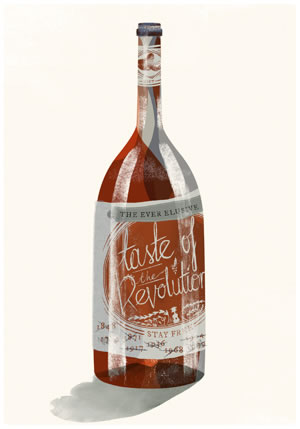Paul Kingsnorth argues that ‘progressive’ green thinkers have been seduced by the EU and bypassed by a modern-day Peasants’ Revolt.
In his introduction to the 1979 edition of his novel Pig Earth – the first in a trilogy chronicling the decline of peasant life in Europe in the 20th century – John Berger makes a distinction between what he calls a “culture of progress” and a “culture of survival”. The culture of progress, he says, “was born with the bourgeoisie as an ascendant class, and has been taken over by all modern theories of revolution”. In the contemporary West, virtually every political ideologue – capitalists, communists, liberals, modern conservatives – is in this sense a progressive. They believe in constant improvement, constant change: their differences amount, says Berger, to “a fight about the content of progress”.
The culture of survival, by contrast, is the culture of the peasantry, of Indigenous people; of pre-modernity. It is the culture of the great majority of human history, and of many people still, and it is exemplified for Berger by the French peasantry among whom he still lives. A culture of survival does not have an end goal: it just is. Its purpose is to live from day to day and year to year. It is a repeating pattern. The end goal of the culture of progress, meanwhile, is at its grandest the abolition of death itself. For this goal, the destruction of traditional ways of being and seeing, and much of the world’s wild beauty, is a sacrifice worth making.
Back in 1979, the peasantry of France, and across Europe, was haemorrhaging from the land. This was no accident: it was a planned extinction, and Berger was quite clear who the agents were – the European Economic Community, as it then was. “The economic planners of the EEC”, he wrote, “envisage the systematic elimination of the peasant by the end of the century. For short-term political reasons, they do not use the word elimination but the word modernisation. Modernisation entails the disappearance of the small peasants (the majority) and the transformation of the remaining minority into totally different social and economic beings.”

